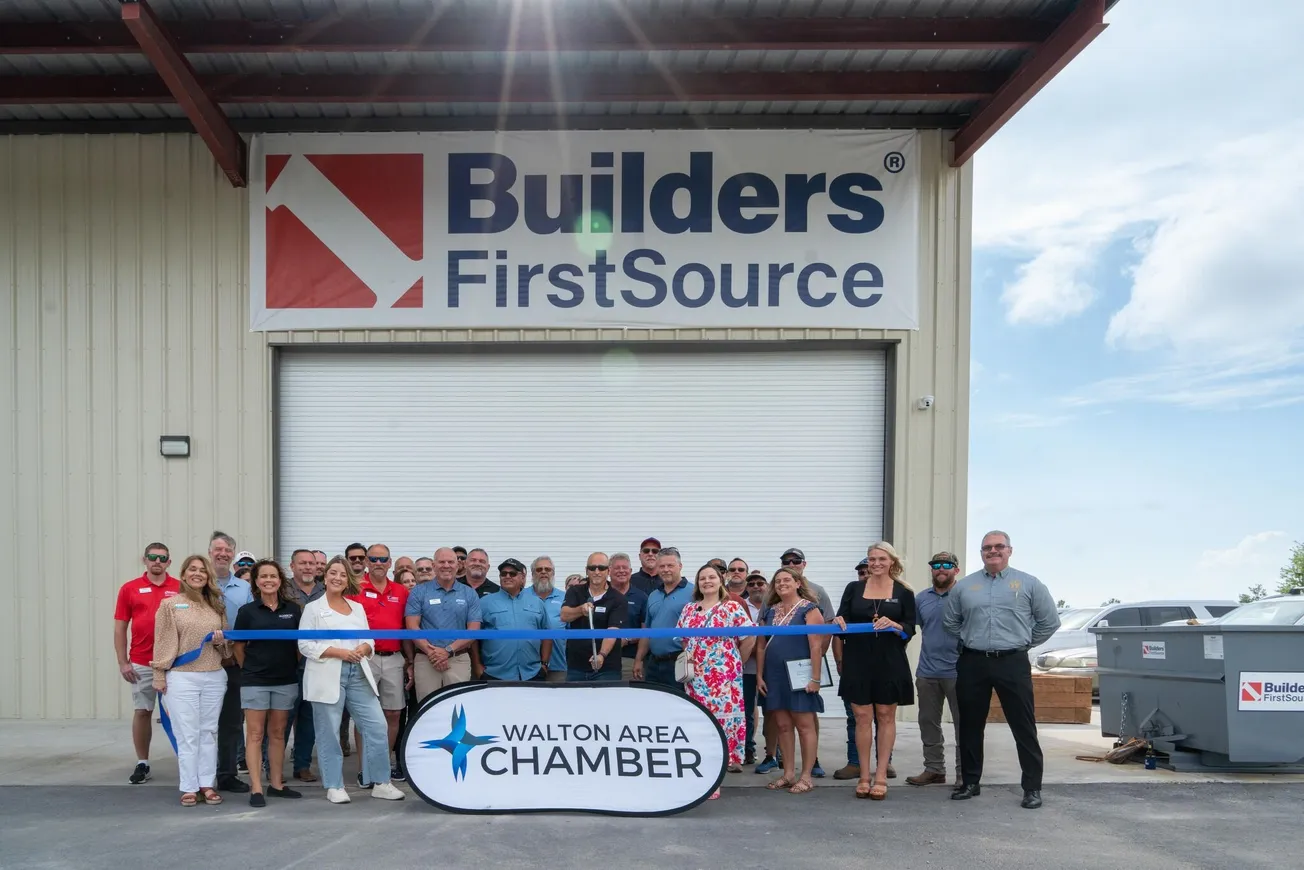Table of Contents
“scared money doesn’t win” is an old gambling saying that means you have to play to win and you can’t win big unless you bet big. The same can be said of sales. Timid salespeople will be treated poorly and will have difficulty being successful in sales. Why? Because sales is a transfer of emotion. Uncomfortable salespeople make customers uncomfortable.
Prospecting
Looking for new business is arguably the hardest thing we do as salespeople. Most salespeople do it early in their careers because they have to, then once they build their business to a comfortable level, they do as little as possible. Just like anything else, if we don’t practice, we get out of “playing” shape. Since salespeople do so little prospecting, they lose their “prospecting muscles” and do it poorly creating a self-fulfilling prophecy of “prospecting is hard.”
This mentality is wrong. Prospecting is easy. We have nothing to lose and everything to gain. What is difficult is hanging on to existing business, where we do have something to lose.
Master Sellers know that prospecting is freedom. If we are good prospectors no one owns us. Not our current accounts nor our company. They know they can go out and find new business and quickly because they embrace the hunt for new business instead of being afraid of it.
What are some of the mistakes that “fear of prospecting” creates?
Beat-Around-the-Bushitis
Nervous salespeople use too many words to say simple things.
Nervous salesperson: “I, uh, was wondering, you know, we sell lumber in this area, and, uh, I was trying to find some new customers so I was wondering if you could put me through to the person who does your lumber buying?”
Master Seller: “Good morning, my name is Susan Johnson with Johnson Lumber. Could you please tell me who does your lumber buying?”
Fear of the No
Most salespeople are so afraid of the “NO” they don’t even ask for the order. They present the product and wait for the customer to buy.
Quotron: “Good morning, John, I’ve got, uh, pretty good deal. I’ve got a truck of studs I can get into you at $750/MBF, whaddya think?” (This is not a close!)
Or “Good morning, John. I’ve got, uh, pretty good deal. I’ve got a truck of studs I can get into you at $750/MBF,” then silently wait for the customer to buy. The problem with this approach is that it works. It just doesn’t work as well as directly asking for the order:
Master Seller: “Susan, I have a fantastic deal on three trucks of 2×4 16’s we’ve been looking for. The market is moving, this is stock you love, and I can work with you on the shipment. Do you have three PO’s for me?”
Customer: “Well, maybe. What’s the price?”
Master Seller: “That’s the best part. We can deliver these for $950/MBF, which is a great deal today and will be even a better deal when they land. Can we put these together?”
Overcoming Objections (or Not)
Overcoming objections is the highest technical sales skill there is, and few salespeople know how to do it—or even try. The Master Seller embraces objections; they see them as a cry for help or for additional information or encouragement. As a student of mine said, “It feels like arguing.” If this is what you are feeling then your customers will feel it also and you will be in an argument or at least something that feels like one.
Customer: “Yeah, that’s a little rich for my blood.” (What a surprise, a price objection!)
Master Seller: “Peter, I understand that it’s more than you want to pay, but the market is moving, this is stock you love and the tallies and shipment work perfectly with our current inventory, so why don’t we put these on?” Their tone is relaxed and confident. They know the customer is going to say yes and transfer this emotion to the customer.
Scared, timid salespeople expect the worst and transfer these feelings to potential customers. Master Sellers assume something good will happen. They walk, talk and act like the business will get done and transfer this positivity—which is easy to say yes and difficult to say no to.
James Olsen is principal of Reality Sales Training, Portland, Or. Call him at (503) 544-3572 or email james@realitysalestraining.com.









